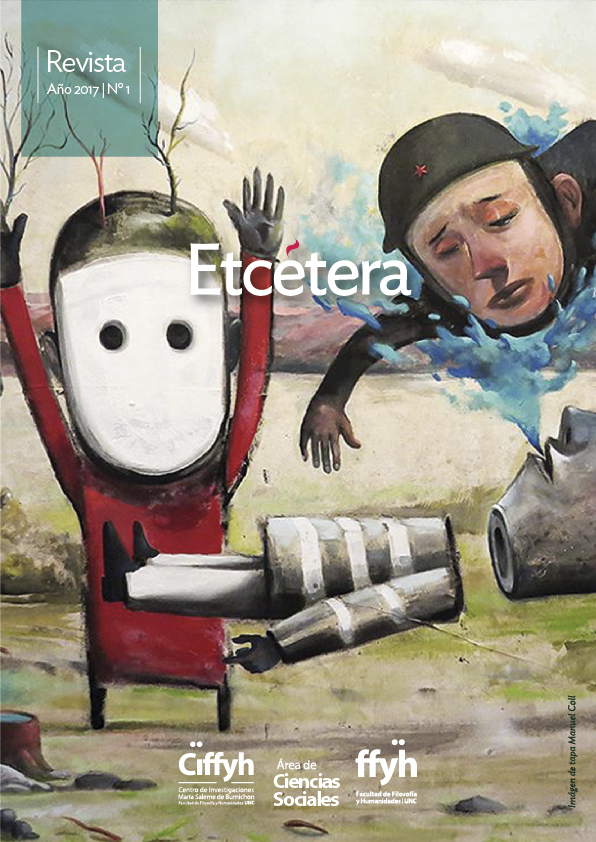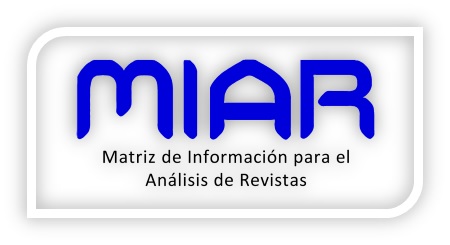Reading and performing at once: Ophelia
Keywords:
Ophelia, Shakespeare, DerridaAbstract
Since Max Patrick (1953) called them as ‘sentimental’ and ‘erotical’, two kinds of opposite critical appreciations about Ophelia may be recognized in Hamlet, as a play where nothing seems to be exactly what it seems. The first appreciation (also called ‘traditional’), presents Ophelia as an instrument for the plot by her father Polonius to keep his power and influence in the court of King Claudius, being inconditional. The second one (also mentioned as ‘romantic’) shows Ophelia as a young woman who decides to be free from his father’s tirany living her true love for Hamlet, in flesh and blood. Indeed, in her silence of madness and death, she gives effective reality to the virtual content by Prince Hamlet in his soliloquies.
So a tragic Ophelia, far from being version of a universal archetype reproducing patriarchal values, may be also read as the place where indecidibles (in Derridean word) are put in tension without fixed resolution. Because Ophelia as a character cannot be considered ‘as a whole’; there is no concept for her presence or absence in the scenes of the play. She is the Otherness/Alterity from a spectral phenomenology (Derrida again), reacting against every trying to get at her. If -since her flowers, poems and puns- we could think about Ophelia as an artifact in a foucaultian sense, she would be a girl who, far from feminine stereotypes, becomes the place where the subjectivation process begins, opening new ways to the sense multiplicity, proliferating.
Downloads
References
Acosta, J. A. (2016). La deconstrucción en los márgenes. La concepción de la “praxis filosófica” de Jacques Derrida: entre Occidente y la Tradición Judía del Libro. Tesis Doctorado en Filosofía, Facultad de Filosofía y Humanidades, Universidad Nacional de Córdoba. Inédita.
Bevington, D. (2008). Shakespeare’s ideas. More things in heaven and earth. Oxford: Wiley-Blackwell.
Derrida, J. 1989. La escritura y la diferencia. Barcelona: Anthropos.
Derrida, J. (2003). Espectros de Marx. El estado de la deuda, el trabajo del duelo y la nueva internacional. Madrid: Trotta.
Derrida, J. (2008). Fuerza de ley. El fundamento místico de la autoridad. Madrid: Tecnos.
Derrida, J. (2010). Márgenes de la filosofía. Madrid: Cátedra.
Ford Davies, O. (2007). Performing Shakespeare. Preparation. Rehearsal. Performance. Londres: Nick Hern Books.
Max Patrick, J. (1953). “The problem of Ophelia”. En: Matthews, A., y Emery, C. (comp.). Studies in Shakespeare, pp. 139-144. Florida: University of Miami Press.
Ponge, F. (2015). Métodos. La práctica de la literatura, el vaso de agua y otros poemas-ensayo. Rosario: Adriana Hidalgo. .
Shakespeare, W. (2014). Hamlet. Buenos Aires: Aguilar.
Shakespeare, W. (2000). Hamlet. Londres: The Everyman Shakespeare.
Shakespeare, W. (2006). Hamlet. Barcelona: Vitae.
Wells, S., y Taylor, G. (eds.). (2005). The Oxford Shakespeare. Oxford: Clarendon Press.
Downloads
Published
How to Cite
Issue
Section
License
Aquellos autores/as que tengan publicaciones con esta revista, aceptan los términos siguientes:
- Los autores/as conservarán sus derechos de autor y garantizarán a la revista el derecho de primera publicación de su obra, el cuál estará simultáneamente sujeto a la Licencia de reconocimiento de Creative Commons que permite compartir, copiar, distribuir, ejecutar y comunicar públicamente la obra, siempre que: 1) se cite la autoría y la fuente original de su publicación (revista, editorial y URL de la obra); 2) no se use para fines comerciales; 3) En caso que se transforme o genere una obra derivada a partir de esta obra, deberá compartise bajo las mismas condiciones establecidas por esta licencia.
- Los autores/as podrán adoptar otros acuerdos de licencia no exclusiva de distribución de la versión de la obra publicada (p. ej.: depositarla en un archivo telemático institucional o publicarla en un volumen monográfico) siempre que se indique la publicación inicial en esta revista.
- Se permite y recomienda a los autores/as difundir su obra a través de Internet (p. ej.: en archivos telemáticos institucionales o en su página web) luego de la publicacion del articulo, lo cual puede producir intercambios interesantes y aumentar las citas de la obra publicada. (Véase El efecto del acceso abierto).
- El titular del copyright es Etcétera. Revista del Área de Ciencias Sociales del CIFFyH.
















